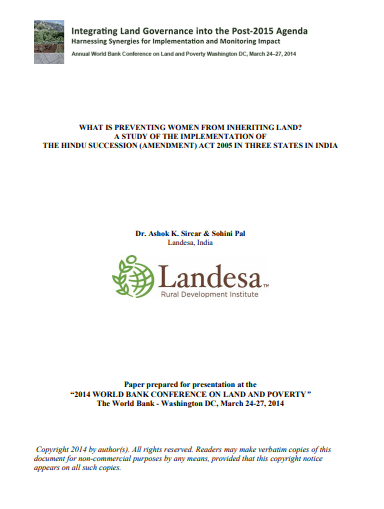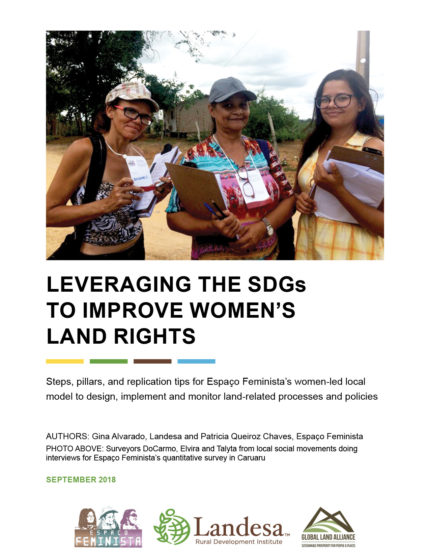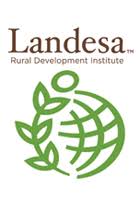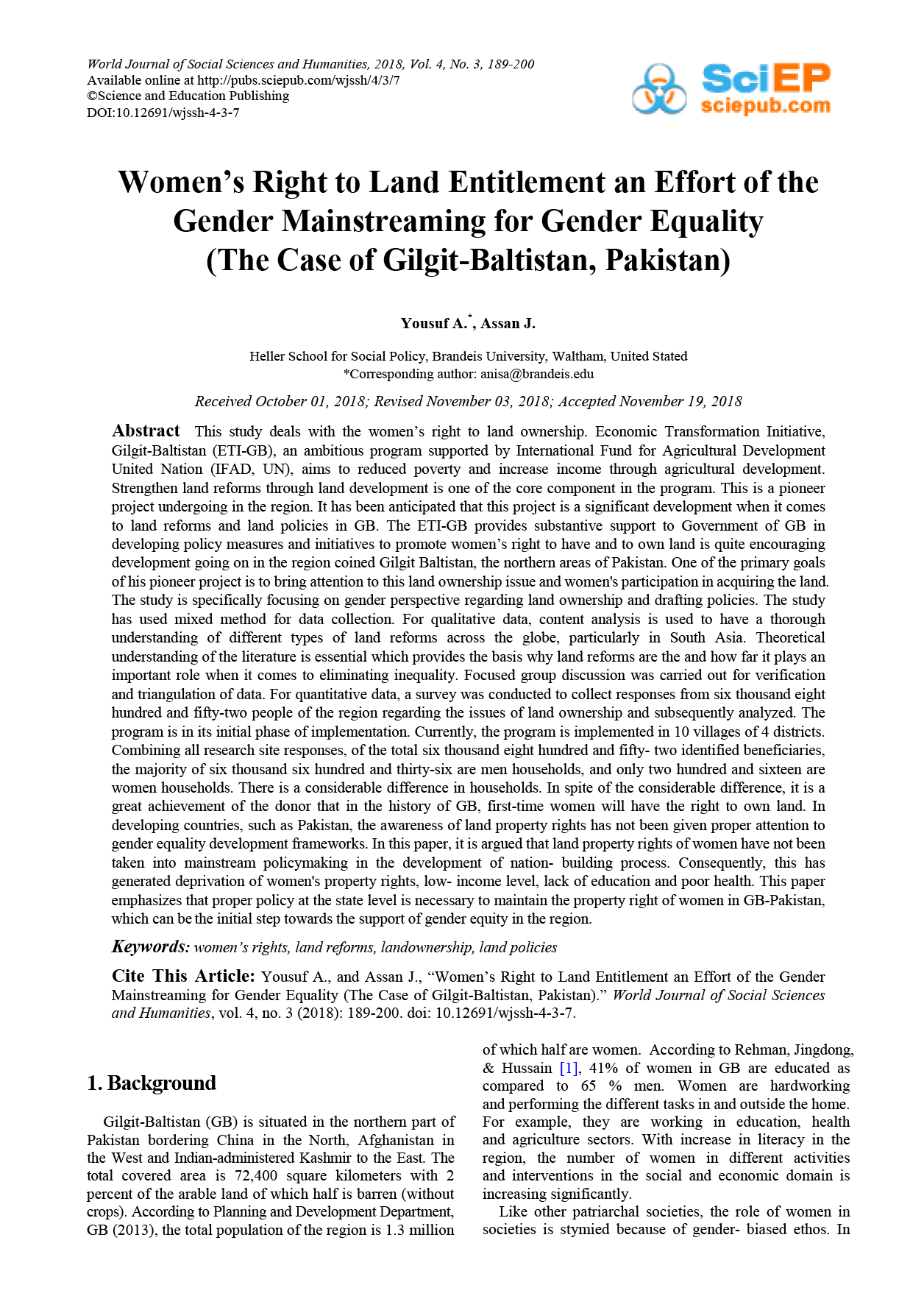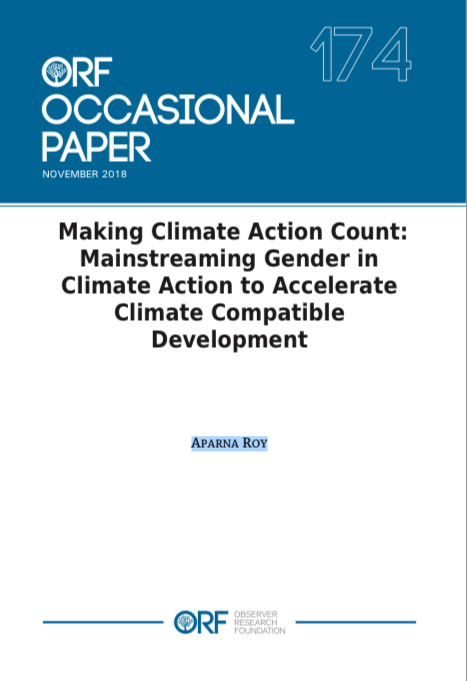Water is Life: Women’s human rights in national and local water governance in Southern and Eastern Africa
This book approaches water and sanitation as an African gender and human rights issue. Empirical case studies from Kenya, Malawi, South Africa and Zimbabwe show how coexisting international, national and local regulations of water and sanitation respond to the ways in which different groups of rural and urban women gain access to water for personal, domestic and livelihood purposes. Explores how women cope in contexts where they lack secure rights, and participation in water governance institutions, formal and informal.



